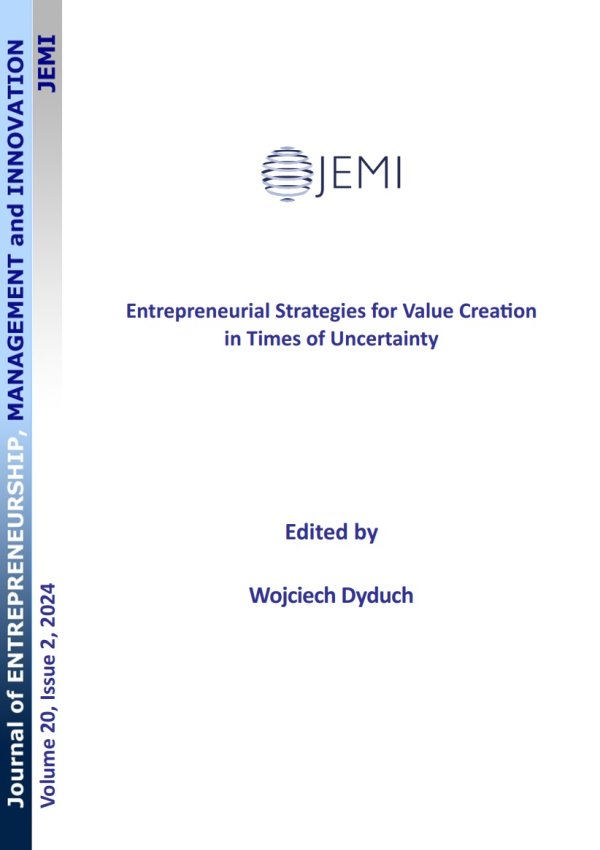Karla Straker, Queensland University of Technology, Queensland, Australia, Tel. +61731389471, e-mail: This email address is being protected from spambots. You need JavaScript enabled to view it..
Cara Wrigley, Dr, Senior Lecture, Design-led Innovation, Queensland University of Technology, 2 George St, Brisbane, Australia, Tel. +61731389471, e-mail: This email address is being protected from spambots. You need JavaScript enabled to view it..
Abstract
Designers have become aware of the importance of creatig strong emotinal experiences intertwined with new tangible products for the past decade, however an increased interest from fims has emerged in developing new service and business models as complimentary forms of emotin-driven innovatin. This interdisciplinary study draws from the psychological sciences – theory of emotin – and the management sciences – business model literature to introduce this new innovatin agenda. The term visceral hedonic rhetoric (VHR) is defied as the propertis of a product, (and in this paper service and business model extensions) that persuasively induce the pursuit of pleasure at an instictual level of cognitin. This research paper lays the foundatin for VHR beyond a product setti, presentig the results from an empirical study where organizatins explored the possibilitis for VHR in the context of their business. The results found that fims currently believe VHR is perceived in either their product and/or services they provide. Implicatins suggest shiftng perspectie surrounding the use of VHR across a fim’s business model design in order to inflence the outcomes of their product and/or service design, resultig in an overall stronger emotinal connectin with the customer.
Keywords: visceral hedonic rhetoric, emotional design, business innovation, service design, business model design.






